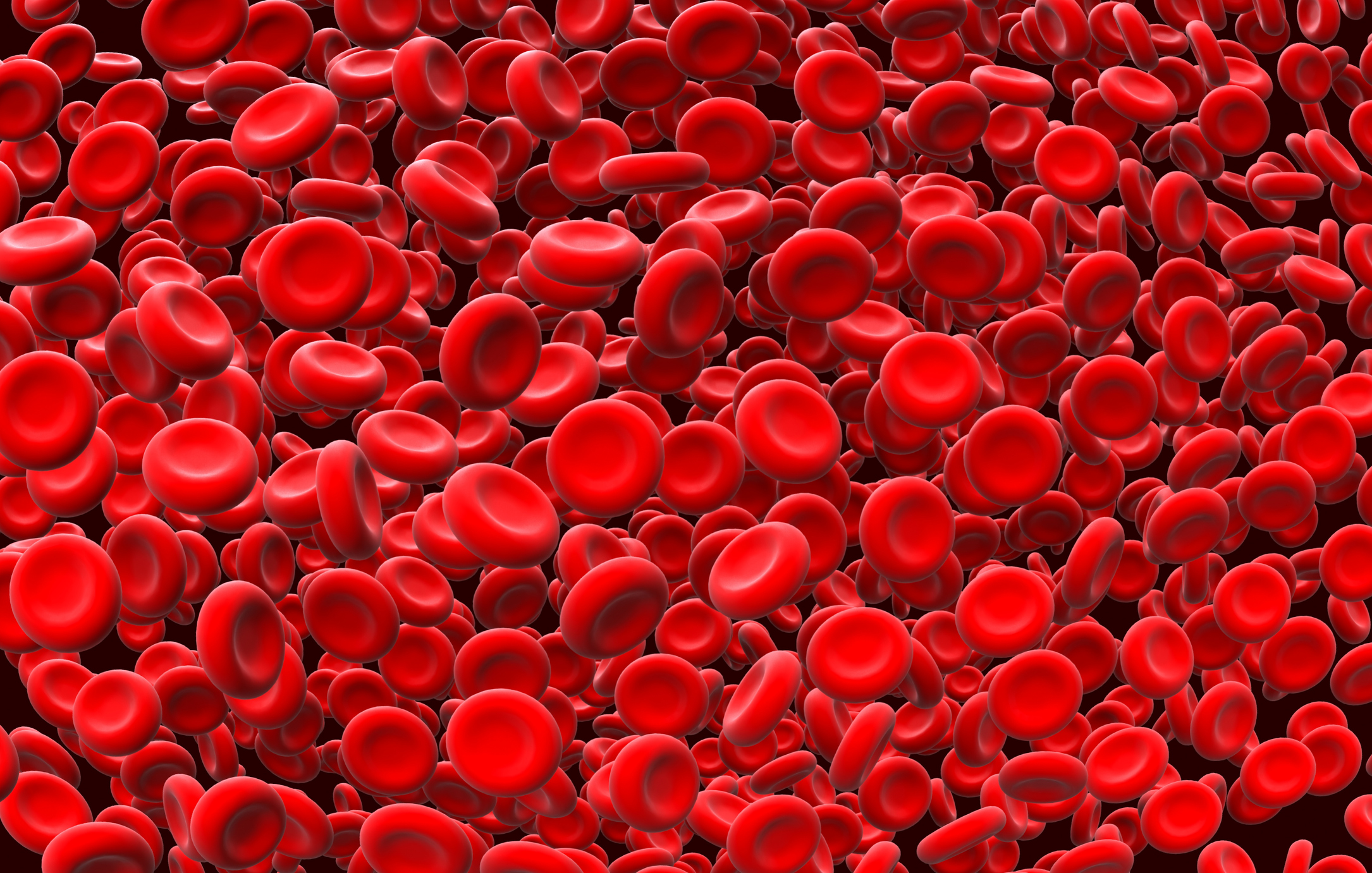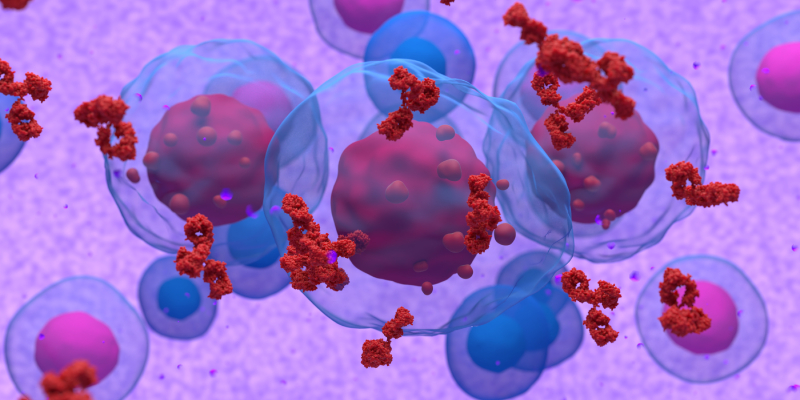
Revumenib monotherapy has continued to yield clinically meaningful responses with high rates of measurable residual disease (MRD) negativity and successful bridging to hematopoietic stem cell transplant (HSCT) in heavily pretreated patients with relapsed or refractory KMT2A-rearranged (KMT2A-r) acute leukemias, according to a data update from the AUGMENT-101 trial.
The updated analysis was presented by Ibrahim Aldoss, MD, of the City of Hope National Medical Center, at the 66th American Society of Hematology Annual Meeting & Exposition.
“Continued treatment and follow-up of patients after the interim analysis demonstrate the durability of ongoing response,” said Dr. Aldoss, who went on to add that the safety profile of revumenib was consistent with earlier reports.
The study’s primary endpoints were safety and tolerability and complete remission (CR) plus CR with partial hematologic recovery (CRh) rates. Secondary endpoints included composite CR (CRc; CR, CRh, CR with incomplete platelet recovery, and CR with incomplete count recovery), overall response rate (ORR; CRc, morphological leukemia-free state [MLFS], and partial remission), and duration of response (DoR).
Thirteen patients had achieved a CR or CRh at the data cutoff for the previous interim analysis. After seven additional months of follow up of these patients, the updated median duration of CR plus CRh was 13.0 months (95% CI, 3.4-not reached [NR]).
The safety analysis population included 116 patients with a median age of 35.5 years (range, 0.6-75.0), with 28 (24%) patients aged under 18 years and 14 (12%) aged 65 years and older. Overall, 106 (91%) patients had a grade 3 or higher treatment-emergent adverse event (TEAE) and 63 (54%) had a grade 3 or higher treatment-related AE (TRAE).
The most common grade 3 or higher TEAEs included febrile neutropenia, anemia, platelet count decrease, white blood cell count decrease, sepsis, and QTc prolongation. Sixteen (14%) and six (5%) patients discontinued due to a TEAE or TRAE, respectively, and 19 (16%) and four (3%) patients experienced a TEAE or TRAE, respectively, leading to death.
In the efficacy population of 97 patients, 22 (23%) patients had a CR or CRh (95% CI, 15-32) with a median DoR of 6.4 months (95% CI, 1.9-NR). MRD was evaluated in 18 of these patients and 11 (61%) achieved MRD negativity. In addition, 21 of 36 (58%) MRD-evaluable patients with CRc achieved MRD negativity. Of 62 patients who achieved ORR, 21 (34%) went on to receive HSCT with nine continuing revumenib after transplant
“This trial represents the largest evaluation of a targeted therapy for patients with relapsed or refractory KMT2A-r acute leukemias to date,” Dr. Aldoss noted in closing.
Reference
Aldoss I, Issa GC, Blachly JS, et al. Updated results and longer follow-up from the AUGMENT-101 Phase 2 Study of revumenib in all patients with relapsed or refractory (R/R) KMT2Ar acute leukemia.






 © 2025 Mashup Media, LLC, a Formedics Property. All Rights Reserved.
© 2025 Mashup Media, LLC, a Formedics Property. All Rights Reserved.